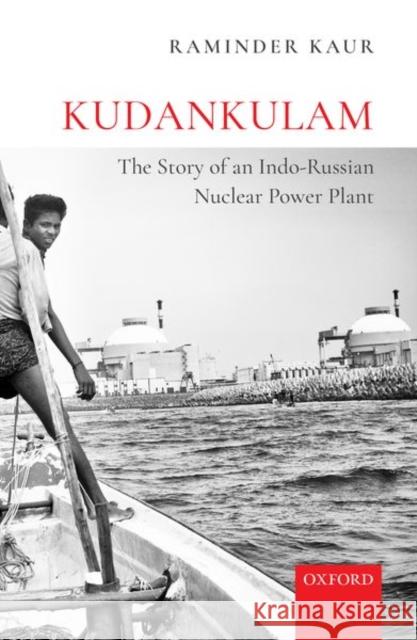Kudankulam: The Story of an Indo-Russian Nuclear Power Plant » książka
Kudankulam: The Story of an Indo-Russian Nuclear Power Plant
ISBN-13: 9780199498710 / Angielski / Twarda / 2020 / 392 str.
Based on over a decade of historical and ethnographic research, the book discusses the anti-nuclear campaign's part in 'right to lives' movements, the (re)production of knowledge and ignorance in the understanding of radiation, and tactics to create an evidence-base in response to the otherwise unavailable or inaccessible data on radiation and public health in India. In the process, we cast a lens on how national and transnational solidarity was both received andcurtailed, where processes of neoliberalisation and national security led to the hardening of the 'nuclear state'. This phenomenon came with the direct and indirect repression of the anti-nuclear movement with the engineering of 'death conditions' for its protagonists. They reveal what part the nuclearplant plays in contested discourses of development, democracy and nationalism in multiple spaces of criticality.Altogether, this is one of few books that have at its heart the many facets of a grassroots movement for energy justice in the global south from the 1980s that, three decades on, went on to become an international cause célèbre.
The book tells the many stories that circulate around a nuclear power plant in Kudankulam in the southern peninsular of Tamil Nadu in India from the late 1980s. The tales are by way of fishermen and women, farmers, environmentalists, activists, writers, scholars, teachers, journalists, priests, children, as much as they are of lawyers, scientists, state officials and the author drawing upon an interdisciplinary field as the subject compels. They show how peninsularresidents contended with the prospect of one of Asia's largest nuclear enterprise being built on their doorstep.











